The Galaxy AI feature integrated into Samsung's latest phone lines is partly the result of the efforts of Vietnamese engineers working at the Samsung Vietnam Research and Development Center.
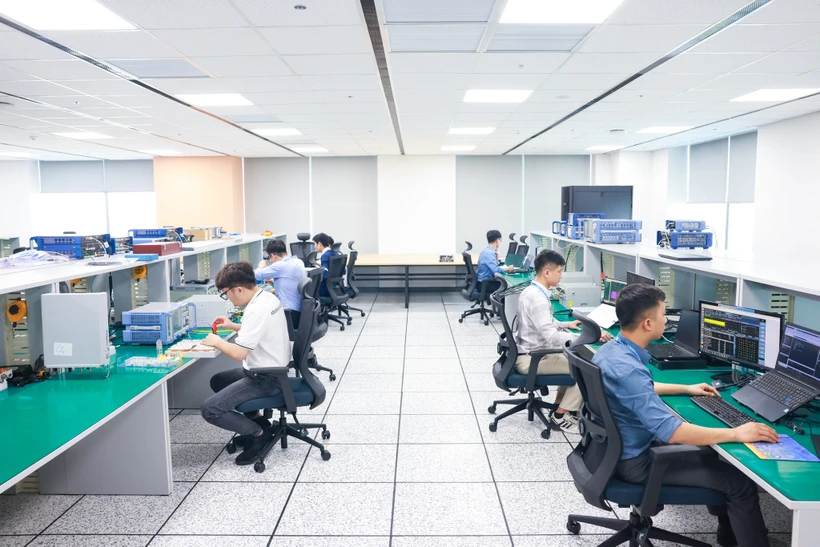
In early 2024, Samsung announced the Galaxy S24 series with Generative AI (GenAI) features built into Galaxy AI at the US event.
Among the 13 supported languages, there is also Vietnamese. Through Galaxy AI, Vietnamese users can interact with the latest technology in their mother tongue, similar to other popular languages in the world . Few people know that this is the proud achievement of a team of Vietnamese engineers working at the Samsung Vietnam Research and Development Center (SRV).
Vietnamese language appears for the first time on Galaxy AI
There are 2,300 engineers working at Samsung Vietnam Research and Development Center (SRV). One of the proud projects right after the Center was inaugurated was the development of Vietnamese language on Galaxy AI.
In 2023, with Samsung first introducing the application of Generative AI on photo editing applications, SRV's engineering team also played an important role in developing and perfecting many smart features in photo editing software on Samsung phone lines.
Talking about the development of the 13th language Vietnamese on Galaxy AI, Mr. Do Duc Dung - Director of the software solutions department of Samsung R&D Center said: "We only had 4 months and a few dozen people to develop from zero. Meanwhile, it usually takes at least 6 months to a year to develop large language AI. From the end of October 2023 to January 18, 2024, we developed, tested and officially integrated the Vietnamese AI feature for the newly launched Samsung Galaxy S24 series."
Immediately after receiving the assignment, SRV quickly gathered experienced personnel in machine learning, deep learning, and natural language processing from different departments to establish the Language AI Research group.
Mr. Tran Tuan Minh - Engineer at the Language AI Department (Samsung R&D Center) said that engineers are given all conditions to transfer technology from the group. "We are able to go to Korea and India to receive technology transfer on AI architecture, AI algorithms and data, and instructions on how to train AI to develop features such as voice recognition, translation and text-to-speech."
Training AI to understand Vietnamese is not easy, Mr. Minh and his team worked continuously for 4 months to create the product.
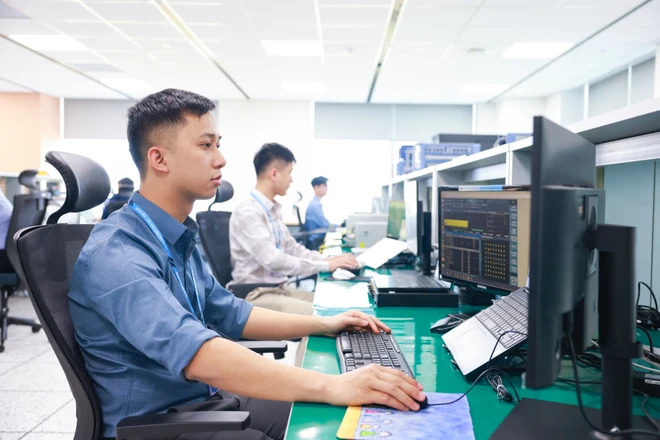
According to Minh, the biggest problem when developing Vietnamese on Galaxy AI is data. "In Vietnam, there are not many companies that can provide a large amount of data for the development team. The quantity and quality of data greatly affect the quality of AI. Comparing Vietnamese data to English or Korean is very little. There was a time when we mobilized hundreds of engineers to create millions of recordings for testing."
The most difficult point of Vietnamese is the regional dialect. Within each dialect, each province has a smaller dialect. "There are three big problems: pronunciation, vocabulary, and grammar. To solve them, we have to analyze each sentence, each word, look at the grammar, see what the meaning is, and create a large amount of relevant data to train the AI."
To ensure accurate translation and ensure voice recognition in different noise environments, SRV engineers not only conduct testing in a lab environment but also go to many public places such as Hoan Kiem Lake, bus stations, and shopping malls to ensure the AI feature works well in real user environments.
Thanks to their tireless efforts, within just 4 months, Vietnamese engineers mastered the technology and perfected the Vietnamese language to integrate into Galaxy AI.
Vietnamese intelligence "makes its mark" on Samsung product lines
Sharing about the role of Vietnam when Samsung put Vietnamese language into Samsung's latest phone line, Mr. Dung said that Samsung has invested in Vietnam for a long time. However, forming an R&D Center to compete with other Centers in the world will take a lot of time. Mr. Dung said that before that, Vietnamese engineers had a long time to prove their capacity with small solutions, combined with other Research Centers or providing autonomous solutions to support factories in Vietnam.
After 10 years of development, the Center in Vietnam has now acquired the capacity and process to enter core solutions including: multimedia, security and AI.
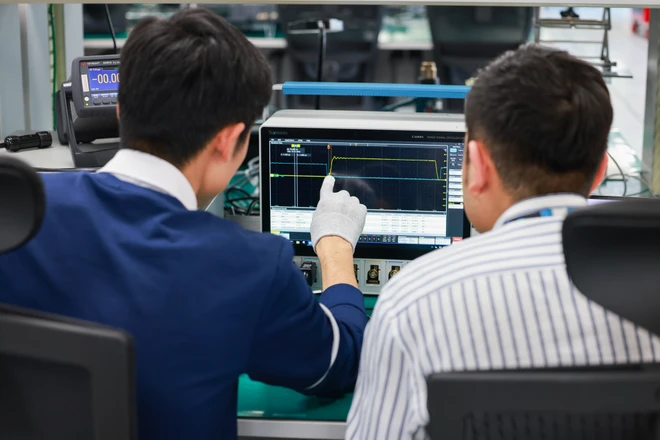
"Compared to the languages previously selected based on the number of users and popularity in the world, Vietnamese has fewer users. That shows that Vietnam is an important market and has a strategic position in Samsung's development plan. And Samsung Vietnam Research and Development Center (SRV) is proud to be trusted by the group and assigned the task of researching and developing the Vietnamese language on Galaxy AI."
This is not the first time that the achievements of Vietnamese engineers have "marked" Samsung products. Mr. Do Duc Dung revealed that Galaxy AI is not the first global project that Vietnamese engineers at Samsung R&D Center have participated in.
Mr. Dung said that S Pen - an equipment attached to Samsung's Galaxy Note line - has contributed significantly to the creativity and intelligence of Vietnamese people. PENUP application or multimedia applications, global software are all designed and built here.
The achievements of SRV's AI research and development team are a testament to the maturity of Vietnamese engineers. The Vietnamese language integrated on Galaxy AI is the result of research by Samsung's R&D Center.
By transferring AI - the group's most advanced and important technology - to Vietnam, Samsung has kept its promise to the Vietnamese Government when it determined to make Vietnam go beyond its role as a production base to become Samsung's strategic R&D base globally.
Through the construction of a modern R&D Center, Samsung wants to improve the research capacity of Vietnamese engineers not only in the field of product development but also in trending research fields such as artificial intelligence (AI), Internet of Things (IoT), Big Data, 5G network... This can create a premise for Vietnam to take the lead in the changes of the Fourth Industrial Revolution./.


![[Photo] Soldiers guard the fire and protect the forest](https://vphoto.vietnam.vn/thumb/1200x675/vietnam/resource/IMAGE/2025/9/27/7cab6a2afcf543558a98f4d87e9aaf95)










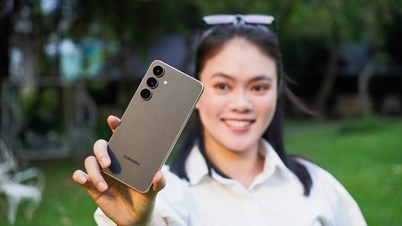









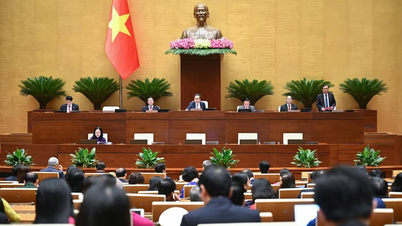

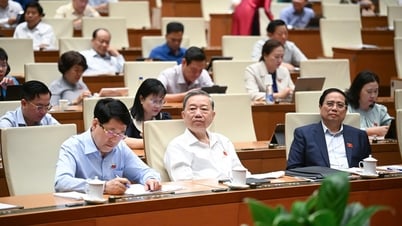





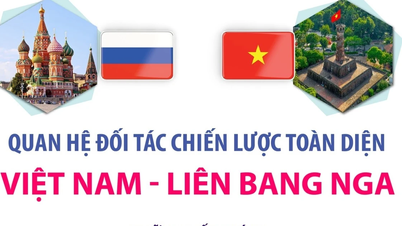
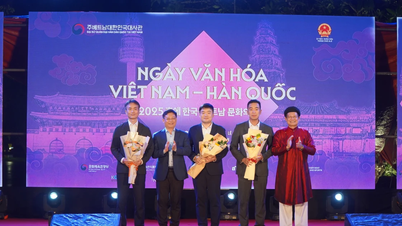







![[Photo] Prime Minister Pham Minh Chinh attends the 1st Hai Phong City Party Congress](https://vphoto.vietnam.vn/thumb/1200x675/vietnam/resource/IMAGE/2025/9/27/676f179ddf8c4b4c84b4cfc8f28a9550)























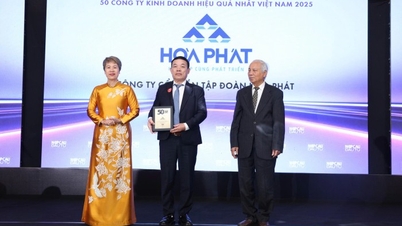




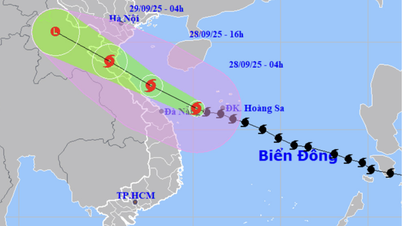

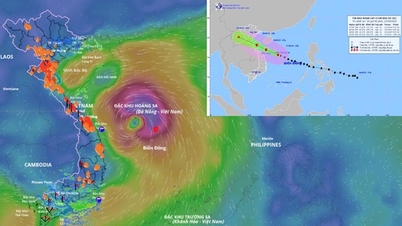











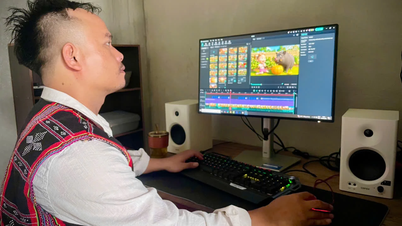





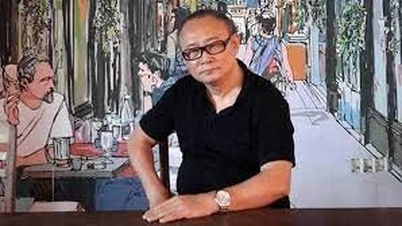

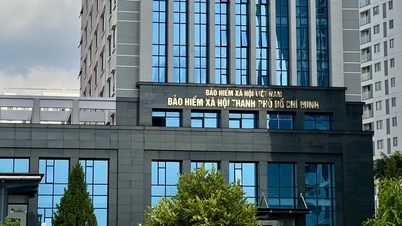









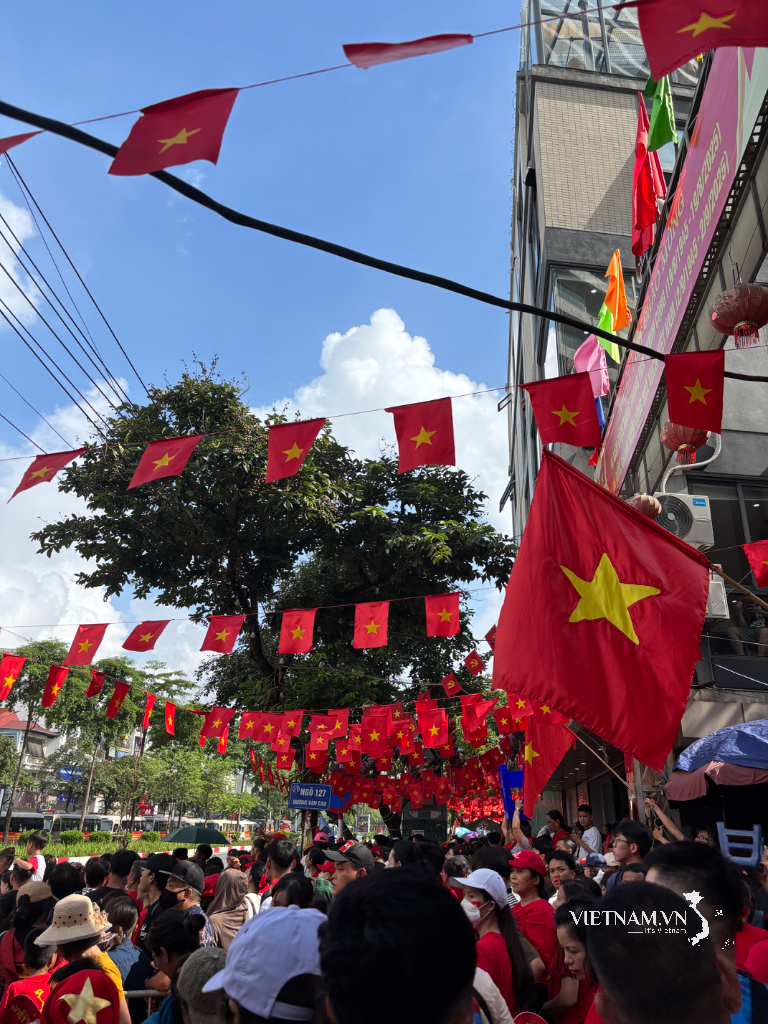



Comment (0)